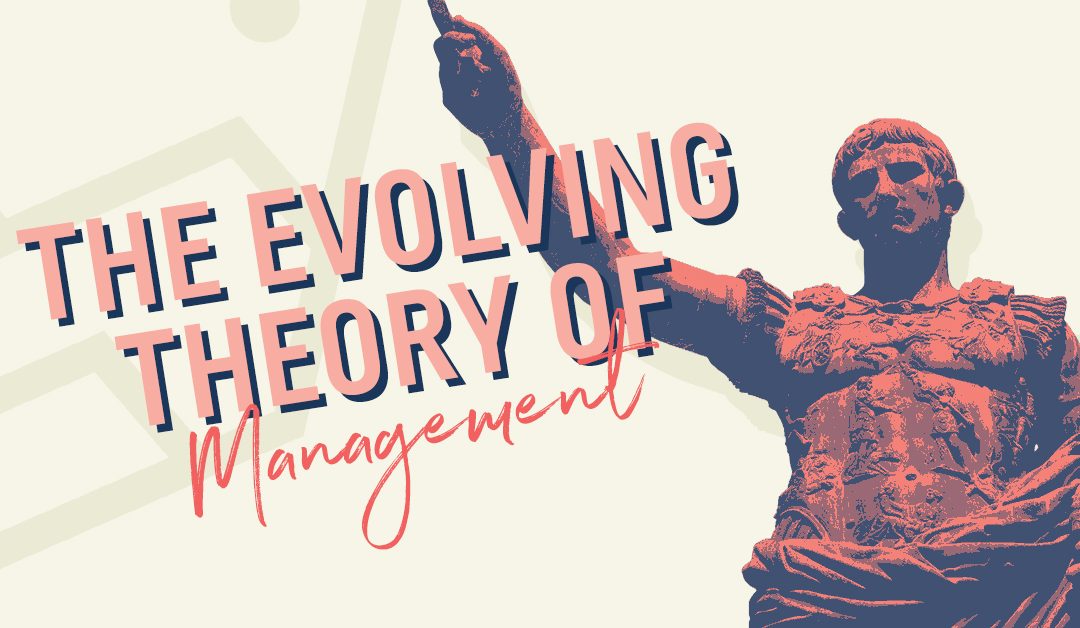Traditionally we are told that managers operate in four specific domains: Planning, Controlling, Organising, Directing
These domains were constructed from research conducted by Fayol in the 1900s. Fayol’s theory is commonly referred to as the functions of classical management.
Let’s pause here for a moment and see if you caught the timeline. Yes – 1900’s! Over the last 120 years, we are still learning about these four functions. That doesn’t sit right with us! We know management has evolved over time, but we can surely move it along faster. In order to look forward, we should look back to understand the historical timeline of management theory.

Now that we understand where we were, we need to understand the relevance and how we can build manager capability for the future. There are several different models that organisations have used over the years to execute management practices, from scientific management theory to bureaucratic theory. All have strengths and benefits in their place and time.
We can see that classical management traditionally concentrates on output, with a heavy focal point on tasks and deadline delivery. We are not here to argue that these aspects are no longer valid. They are a critical aspect of a manager’s role. What is missing from classical management theory is the human element. Adding in a human-centred approach to management allows managers to not only deliver on tasks and projects but also to create dynamic, engaged high-performing teams.
Enter in the Red Wolf Groups 3C’s of management. A person-centred, solution-focused framework assists today’s managers in unlocking and applying skills now while preparing and building skills for the future. How do you approach management? Why not reach out to a member of the Red Wolf Group today to discuss this further!
